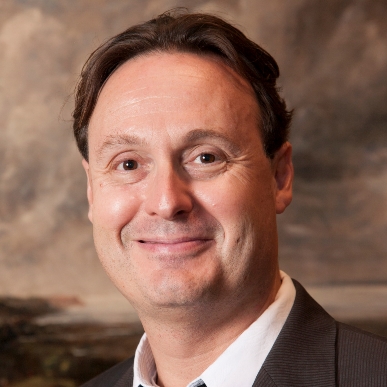
Dr. Jonathan Rothberg is a scientist and entrepreneur who was awarded the National Medal of Technology and Innovation, the nation’s highest honor for technological achievement, by president Obama for inventing and commercializing high-speed DNA sequencing. He is the founder of multiple life science and medical device companies including CuraGen, 454 Life Sciences, Ion Torrent, RainDance Technologies, Hyperfine Research, Quantum-Si, Lam Therapeutics, and Butterfly Network.
The idea for massively parallel (“Next-gen”) DNA sequencing came to Rothberg when his infant son was rushed into intensive care, helping him realize the critical importance of genomics to human health. With 454 Life Sciences, Rothberg brought to market the first new way to sequence genomes since Sanger and Gilbert won the Nobel Prize for their method in 1980. The New England Journal described Rothberg’s innovation as "The New Age of Molecular Diagnostics", and Science magazine called it one of the top 10 breakthroughs of 2008. With 454’s technology, Rothberg sequenced the first individual human genome (James Watson’s Genome, Nature cover), and with Svante Paabo he initiated the first large-scale effort to sequence ancient DNA (The Neanderthal Genome Project). Under his leadership, 454 undertook the first deep sequencing of a cancer, helped understand the mystery behind the disappearance of the honey bee, uncovered a new virus killing transplant patients, and elucidated the extent of human genomic variation—work recognized by Science magazine as the breakthrough of the year in 2007. Rothberg went on to invent semiconductor chip-based sequencing, with which he sequenced the genome of Gordon Moore (Moore’s Law, Nature cover), paving the way for the $1,000 Genome. His contributions to the field of sequencing include the first non-bacterial cloning method (cloning by limited dilution) and the first massively parallel DNA sequencing method (parallel sequencing by synthesis on a single substrate), concepts that have formed the basis for all subsequent next generation sequencing technologies.
Most recently, with Butterfly Network, Rothberg developed the first ultrasound instrument built entirely on a semiconductor chip, giving it greater imaging flexibility than any device on the market. Butterfly’s device received the widest FDA clearance ever given to an ultrasound probe, making it the world’s first handheld whole-body scanner at a cost 50-fold less than existing devices, launching an era of democratized medical imaging.
Rothberg was born in 1963 in New Haven, Connecticut. He earned a B.S. in chemical engineering from Carnegie Mellon and an M.S., M.Phil, and Ph.D. in biology from Yale. He is the first person to be named a World Economic Forum's Technology Pioneer four separate times, is an Ernst and Young Entrepreneur of the Year, is the recipient of The Wall Street Journal's First Gold Medal for Innovation, Nature Methods First Method of the Year Award, The Irvington Institute's Corporate Leadership Award in Science, the Connecticut Medal of Technology, the DGKL Biochemical Analysis Prize, and an Honorary Doctorate of Science from Mount Sinai. Rothberg is a member of the National Academy of Engineering, the Connecticut Academy of Science and Engineering, is a trustee of Carnegie Mellon, and an Adjunct Professor of Genetics at the Yale.
|

